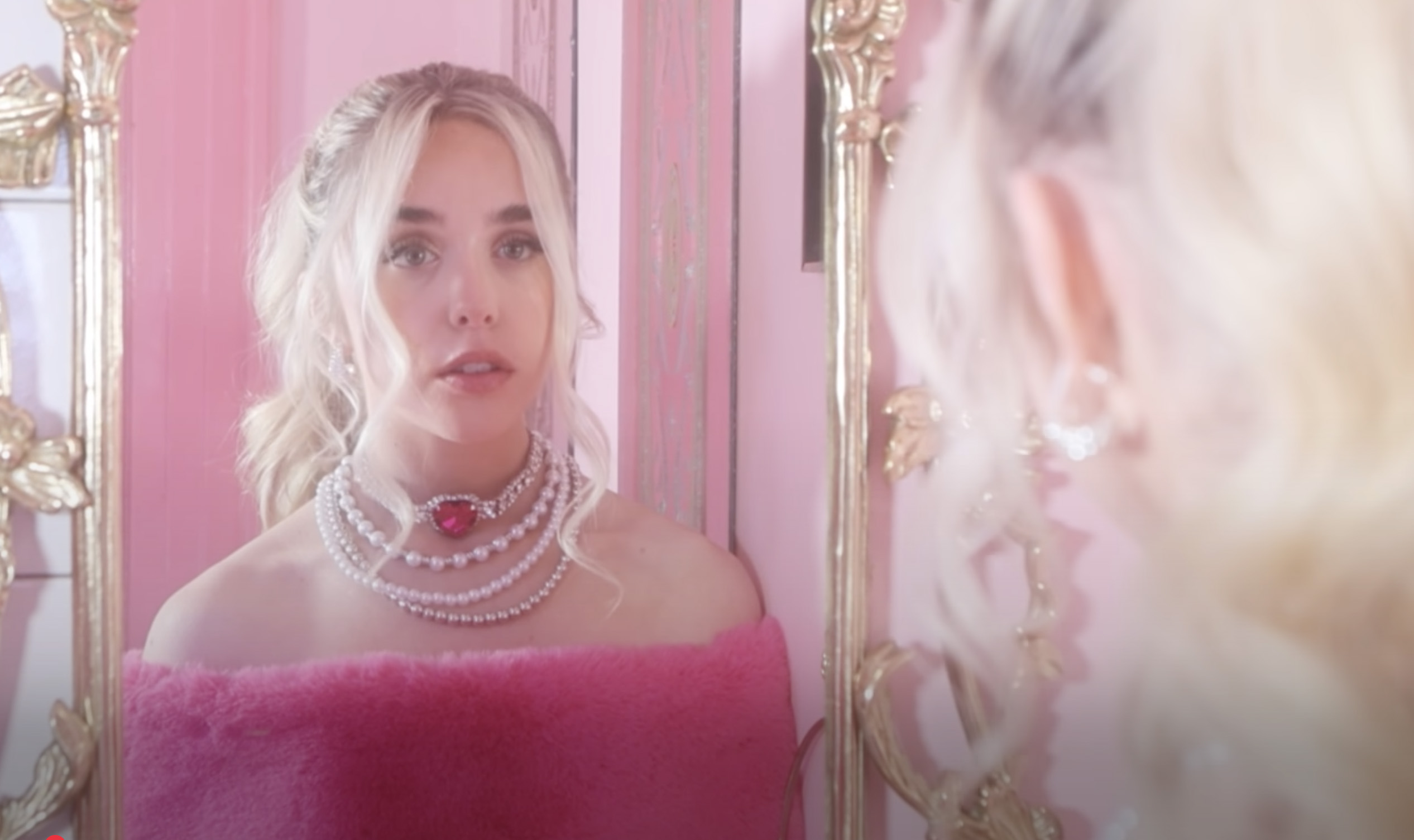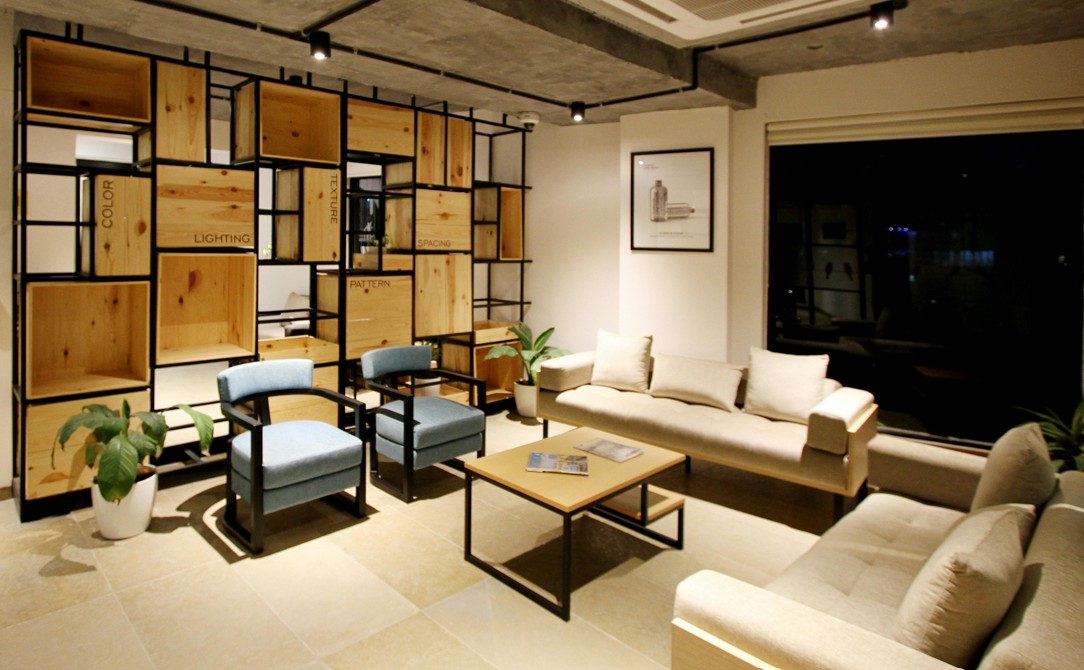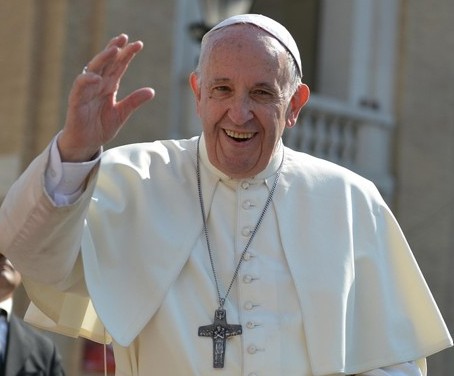
Photo by Sora Sagano on Unsplash
Seven singles take a poor man’s trip through various countries on a tiny pink bus.
That’s the premise behind Netflix’s Japanese reality dating/travel show, Ainori Love Wagon, currently in its second season (at least of its modern iteration – it’s been running on-and-off in Japan since 1999). The premise probably sounds familiar – after all, The Bachelor also has travel elements. But despite what you may think, you’ve never seen a reality show quite like this before. Because unlike every other trashy reality show, Ainori is genuinely good.
Make no mistake, Ainori is trashy too. The show’s main twist is that during their journey, any participant can ask the bus driver for two tickets back to Japan. Afterwards they “declare their love” for another participant, expressing their desire to return to Japan as a couple. If the other person accepts, they kiss and fly off into the sunset. If rejected, the declarer returns alone. Naturally, this leads to plenty of drama and love triangles, especially considering the uneven gender split (four men, three women).
But while the setup may be standard reality fare, the presentation is anything but. Typically, reality dating shows take one of two approaches. The first is “The Bachelor Approach,” a dead-serious attempt to convince the viewer that this really is a fairytale romance. The trashiness of the whole ordeal is underplayed and the villains are there for the “wrong reasons,” those being anything other than believing the Bachelor is their soulmate.
The second is the “MTV Approach.” This is when producers fully lean into reality TV’s trashiest aspects, casting everyone for maximum sex appeal and/or drama potential. Unlike “The Bachelor Approach,” there’s barely even a veneer of reality. The entire cast seems like they’re playing amped-up characters, which is fine because the whole reason you’re there is to watch people fight and fuck each other.
Ainori differs from both of these approaches in a few core ways, first and foremost being that the cast really is just a bunch of average people. The members, both male and female, tend to be plain-looking and relatively boring (at least by TV standards). Very few of them have prominent personalities, with many skewing towards quiet, awkward, or soft-spoken. As a result, the drama tends to be understated – “I feel like I’m not an interesting enough person” or “I don’t know if this person likes me in the way I like them” – as opposed to relying on major blowouts. That said, when there are major blowouts, they tend to be real personality clashes as opposed to standard romantic drama. Some are surprisingly upsetting because both sides come from genuine places. In other words, there are no villains, just people traveling together. Many of the relationships actually survive too, with many lasting friendships and even a few marriages.
At the same time, the producers have created a show with an incredible amount of meta-awareness. As such, Ainori actively engages with the reality of its cast constantly being filmed, going so far as to show conflicts with the crew or the director stepping in to mediate when things get rough. The show also cuts between the cast’s journey and a panel of Japanese media personalities who watch, comment, and oftentimes brutally make fun of everyone involved. This furthers the meta-nature of Ainori, resulting in a show where the cast authentically lives out a real experience while the show itself recognizes and plays into the ridiculousness of its own premise.
The travel elements of Ainori play a big role, too, in many ways functioning as a travelogue. Considering many of the countries traveled through are impoverished, the show doesn’t shy away from serious and unpleasant views of life in the third world. For instance, one episode in Season 2’s Nepal segment focuses heavily on women at the bottom of the caste system being sold into sex slavery. It would be a brutal segment on any travel show but somehow seems especially jarring when juxtaposed with a typically light dating show. The resulting lesson sticks – you’re watching a first world show with first world problems, but here’s “reality” for the rest of the world.
As a meta-reality dating show, Ainori transcends its own genre, providing an entertaining, ridiculous, and surprisingly genuine look at Japanese dating culture. As a travel show, it succeeds even further, depicting local cuisines and culture alongside the harsh, disturbing realities of life in many impoverished countries. Compared to other dating shows, Ainori Love Wagon is in a whole different league.
Dan Kahan is a writer & screenwriter from Brooklyn, usually rocking a man bun. Find more at dankahanwriter.com
POP⚡DUST | Read More…
Cboyardee: The Man Who Shaped 4chan
The New John Wick: Chapter 3 – Parabellum Trailer is Literally the Second Coming
Fetishizing Autism: Representation in Hollywood













